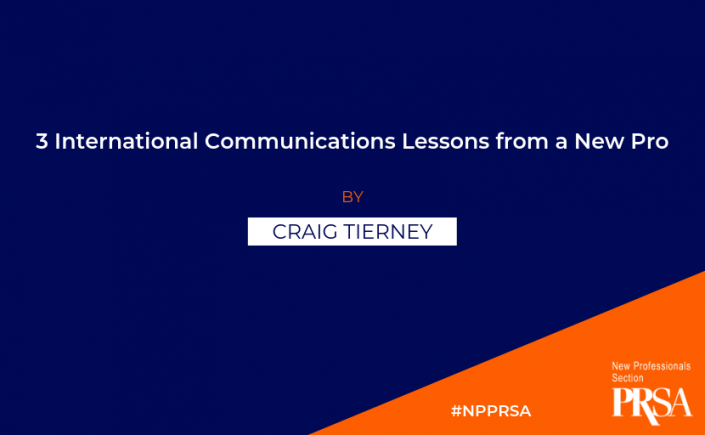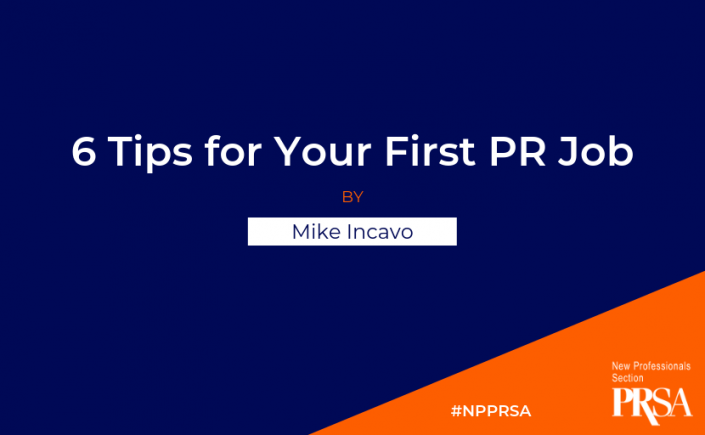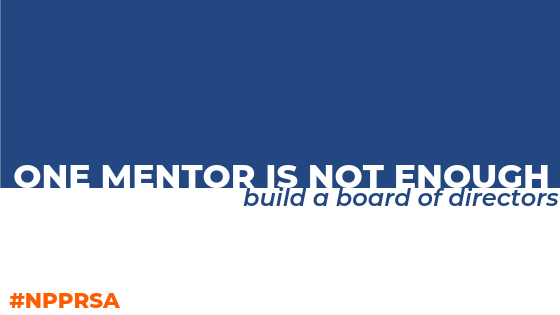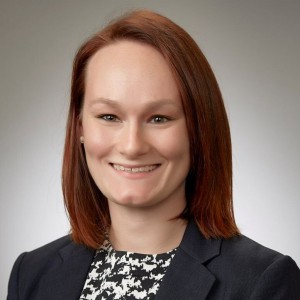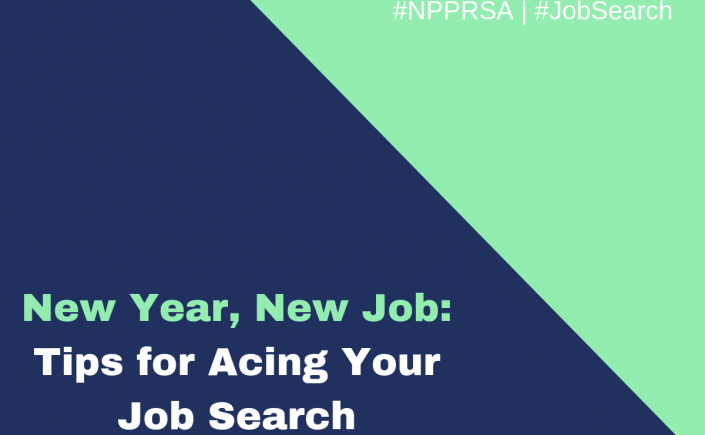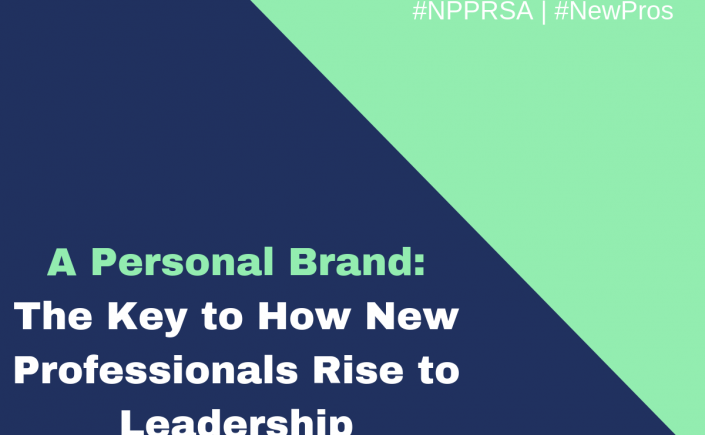Somehow, I was blessed to secure a global marketing communications role right out of college (okay, I worked at Panera for a few months beforehand, but, hey, it worked out). After being immersed in the literal world of communications for a few years, here are three things I learned as an international communicator.
- Non-traditional hours: the good and the bad
Whether it’s a call with China at 9pm (your time) or a 4am webinar with the Netherlands, some days and weeks will bring the strangest hours you’ve ever worked. There are plenty of pros to this weirdness, namely the excitement and flexibility that come with a non-traditional schedule. Working the nine to five grind can get repetitive; it’s nice to shake things up a little. Plus there’s a satisfying sense of intrigue when you can say you started the day by meeting with Europe. But be warned: while you may feel like 007 when you’re first starting out, you may also learn just how unrealistic Mr. Bond’s lifestyle is.
The obvious downers to odd hours include irregular sleep schedules, meetings at odd times, and a general lack of routine. The less obvious involve the quality and quantity of your work – tiredness and an unstable schedule can easily affect your productivity.
In addition to how you handle a non-traditional work schedule, be wary of your employers’ approach. Make sure any odd hours you log taking calls or traveling are accounted for as what they are – work time. If you’re putting in 40 hours at the office AND taking early morning calls or flying 20 hours in the same week, you might want to reevaluate your company’s culture around work-life balance. Having an international work schedule is fun and fine as long as it doesn’t quietly take over your personal time.
- The EU’s General Data Protection Regulation (GDPR) is here (and kind of a good idea)
Personal time is important, and so is personal information. That’s why the GDPR exists and came to be fully enforced last year. In case you aren’t familiar, the basic premise of GDPR requires a new level of transparency and consent for marketers using consumer data. For example, if a customer registers for a newsletter by submitting their email, GDPR mandates the email address can only be used to send the newsletter. Unless the consumer explicitly opts into other communications, their information can’t be used for other tactics. Many companies in the US have already adopted this trend of opting-in, but this has been an optional courtesy rather than a legal requirement.
You’re probably wondering: how could a policy that cuts communications be good for marketers? In my opinion, these regulations lead to a better understanding of our audiences. By requiring consent, the ball is placed in the audience’s court. A GDPR set-up could make consumers more transparent because an audience’s decision to opt in or out of certain communications could say more than vague email open rates or website impressions. Plus, marketers operating under these types of policies might be forced to think more outside the box to reach their targets, and innovation is never a bad thing.
Even if you don’t agree about these possible positives, I learned there’s a real potential for more consumer-focused restrictions like GDPR to come into play, worldwide. It’s an important topic for new pros to be aware of as we enter the workforce and adapt our educations to the real world.
- Listening + asking questions = the secret sauce for international comm’s success
In my experience, American marketers move fast and feel they must be on the “cutting edge” 24/7. The success and adaptability our country’s communicators may lead you to believe Americans are fairly middle-of-the-road on a global scale, meaning we can work with foreign teams without much difficulty. This is only partially true at best.
I know from experience. My limited international experience and the company’s English-only policy resulted in my underestimation the effect cultural barriers can have on your communication skills. For example, I learned:
- Just because some countries seem similar, doesn’t mean they are. Our colleagues in Italy and Spain stressed extremely different pain points after we introduced a global campaign to each office. Only after meeting with them one-on-one and taking the time to listen did we understand we couldn’t put Europe into a single bucket when developing a strategy.
- “Cutting edge” is a fluid, global adjective. When our Thai colleagues shared a “cutting edge” social media strategy involving anime cartoon characters and egg-related recipes, my boss and I ended the call worried about the effect these tactics would have on our global campaign. After another call to question them, the Thai office graciously shared some amazing social engagement stats. We were floored and immediately learned to put more trust into foreign, “cutting edge” ideas.
I highly recommend The Culture Map by Erin Meyer to anyone interested in a global role – this book contains great data and personal insights as the author paints an experienced picture of how the world communicates.
If you’d like to share any lessons not included in this post, please comment or reach out to me. I always love discussing this topic.
 Craig Tierney is the Content Specialist for Kenzie Academy, an Indianapolis-based coding school + tech apprenticeship startup. He’s also a freelance Content Marketer through his business With It Communications. Craig’s international experience comes from a past role as Global Marketing Communications Specialist in the agricultural industry. Website: https://craigtierney.
Craig Tierney is the Content Specialist for Kenzie Academy, an Indianapolis-based coding school + tech apprenticeship startup. He’s also a freelance Content Marketer through his business With It Communications. Craig’s international experience comes from a past role as Global Marketing Communications Specialist in the agricultural industry. Website: https://craigtierney.

